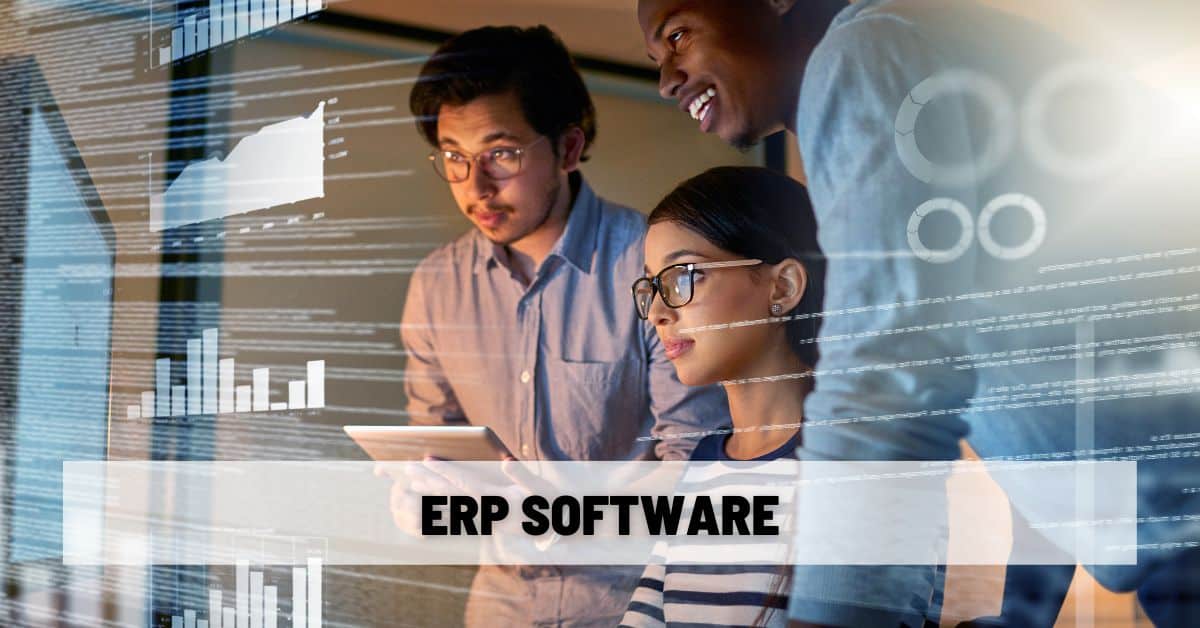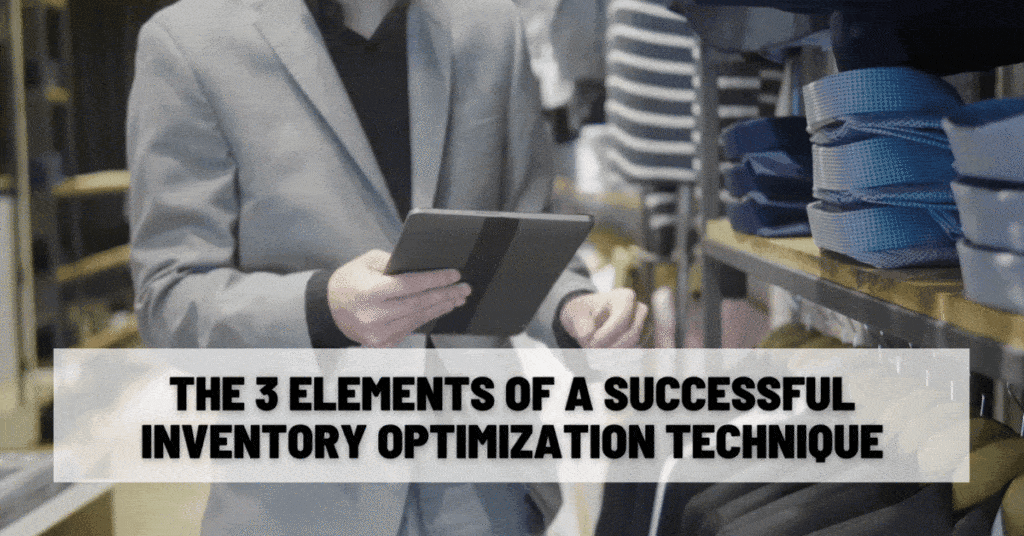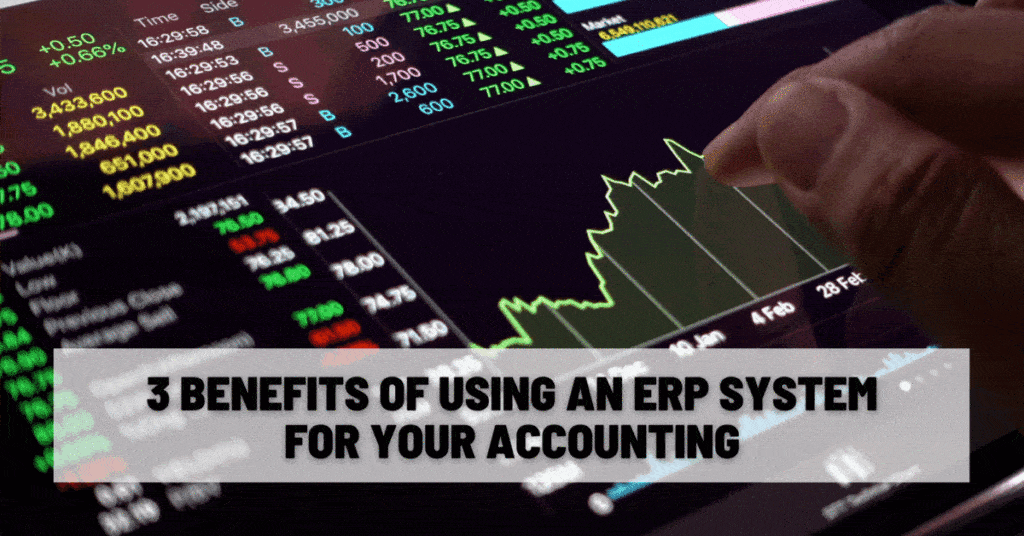The 4 Types of Accounting Software
With the number of accounting software solutions available on the market, it can be tough to figure out which one is right for your business. Let’s go through the four different types of accounting software, their strengths, and their failings.
1. Spreadsheets
Simple, familiar,… unreliable. The most basic form of accounting solution is a spreadsheet program like Excel or Google Sheets. These programs are easy enough that almost anyone with a computer has some experience using them at least once before they start running businesses.
With a little work and a few tutorials, you can make a spreadsheet do just about anything you want it to, but they come with just about zero error-checking capability, so wrong or missing data will have to be caught manually. Which means you probably won’t find a critical error until it’s already cost you.

2. Off-The-Shelf Software
Commercial off-the-shelf (COTS) software is pre-configured with standard features and settings, ready for use without any additional customization.
It can be more cost effective than building a bespoke solution, but some off-the-shelf systems may not offer the functionality you need. It’s important to ensure the product you choose has all the features your business requires before making a purchase.
2.a. Cloud Software
Cloud-hosted COTS systems have been getting more and more popular, with a big spike in usage over the last few years. This kind of system works by storing data online rather than locally on a company server. This saves on resources (hardware, inhouse IT, and so on), but it requires you to entrust your data to a third party.
As long as you make sure you can trust your provider not to lose or mishandle your data, this can be an ideal solution for a growing business.
3. Custom Software
Custom software is created from scratch based on your needs and specifications. If you go custom, you can make sure that you get absolutely all the functionality you need. For some very specialized businesses, that makes it the only acceptable option, but there are some big tradeoffs.
First, you’re going to pay someone else to build it, which isn’t cheap. Second, you will have to pay someone else to support it. If you go custom, you will have to pay for ongoing development and support.
Custom software has a reputation for being buggy and requiring a lot of maintenance. After all, a comparable COTS product will have a wider userbase and more resources available for its development, meaning bugs get caught and squashed quicker than in a custom program.

4. ERP Software
ERPs (Enterprise Resource Planning) are comprehensive suites of integrated applications. They provide a wide variety of functions including customer relationship management (CRM), inventory control, order processing, payroll, manufacturing resource planning (MRP), human resources, budgeting and forecasting.
That makes them unique on this list in that accounting is only one small part of what they do. To learn more about the benefits of ERPs, check out these posts of ours on the topic.
To find out how AcctVantage ERP can support your ongoing business growth and success, click here to get in touch with us.




